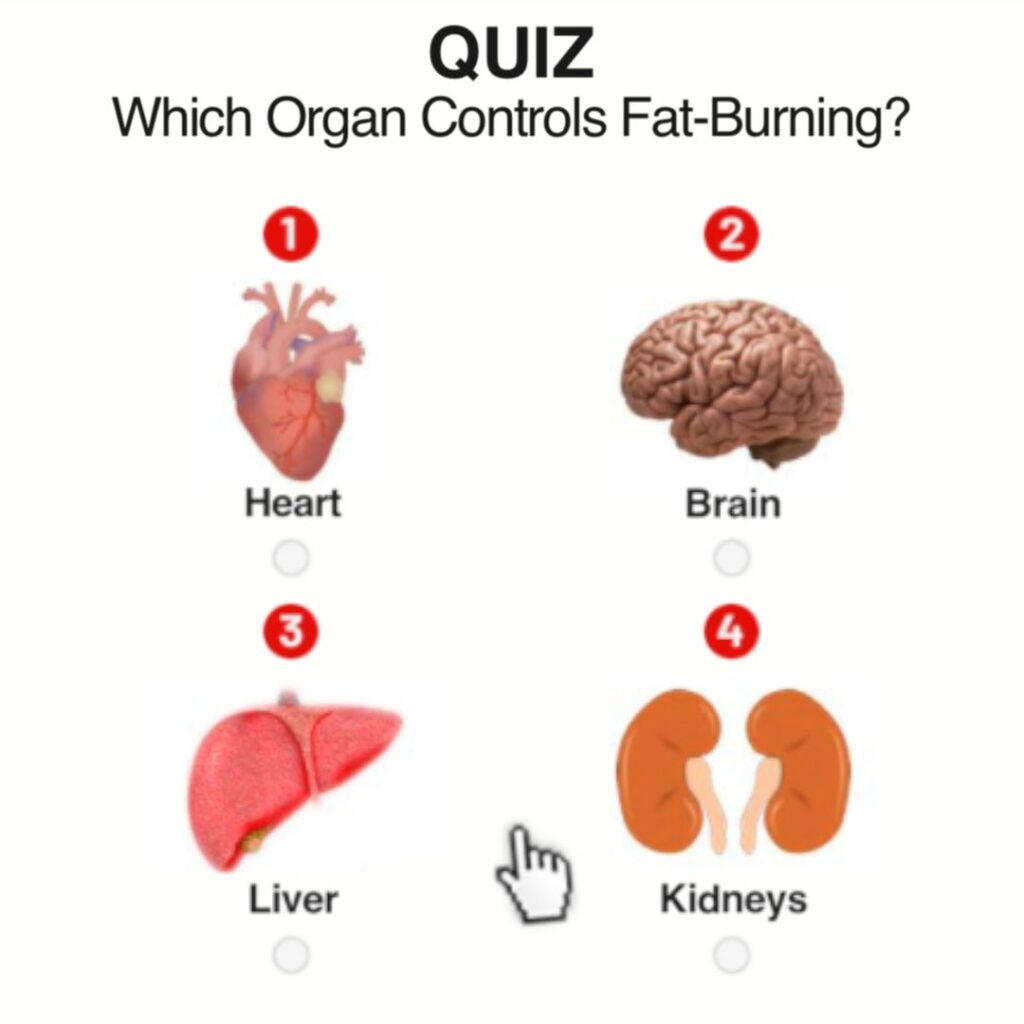
Researchers from Uppsala University in Sweden have performed the first study on humans that demonstrates how food’s fat composition determines where fat will be stored in the body. Findings of the small, preliminary study suggest that polyunsaturated fat — found in olive oil, nuts and seeds and oily fish– seems to keep fat away from the abdomen and liver.
Published in the American Diabetes Association journal Diabetes, the study focused on 39 young, healthy adult men and women, all of whom ate an extra 750 calories per day for seven weeks. Extra calories were consumed via high-fat muffins baked by doctoral candidate and study lead author Fredrik Rosqvist. The goal was for participants to gain three percent of their starting weight.
Half of the participants consumed muffins made with sunflower oil, a type of polyunsaturated fat, while the other half ate muffins made with palm oil, a form of saturated fat. All participants consumed the same amount of fat, protein, carbohydrates and sugar, with the only difference being the oil used in the muffins.
Body fat increase and distribution were measured by magnetic resonance imaging (MRI scans) before and after participant weight gain, as was body muscle mass, while a gene chip measured abdominal visceral fat before and after the weight gain.
While weight gain between the two groups was similar, those who ate saturated fat gained less muscle and had much more fat in the liver and abdominal area, as well as more visceral fat surrounding internal organs, compared to those who consumed polyunsaturated fat. Total body fat increase was greater in the saturated fat group, as the polyunsaturated group gained more muscle and less body fat.
In terms of cardiovascular disease and diabetes risk, it appears where fat is stored is more significant than how much fat is stored: a large amount of fat in the liver along with visceral fat reportedly increase the risk of developing type 2 diabetes.
Researchers noted that diets high in saturated fat appear to “turn on” certain genes in fatty tissue that result in fat storage in the abdomen while restricting insulin regulation. Polyunsaturated fats, in comparison, “turn on” genes in visceral fat linked to reduced fat storage in the body as well as improved sugar metabolism. More research on this subject is still required, however.
Researchers will now look at what happens to the body when we eat these fats, and “study what the effects are in overweight individuals with elevated risk of type-2 diabetes.”
Past studies on dietary fat and increased risk of diabetes published in Diabetes and the American Journal of Clinical Nutrition indicated saturated fats play a large role in diabetes risk.
Original post found at: http://news.yahoo.com/keep-away-belly-fat-choose-dietary-fats-carefully-174402473.htmlP.S. If you want to reduce belly fat then you need to consume less saturated fats. Eat more fish, nuts and cook with olive oil or coconut oil. Certain fats such as those found in avocados are healthy to eat regularly.
P.P.S. Visit exercises for diabetics today where you will find exercises to compliment your weight loss goals.





